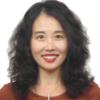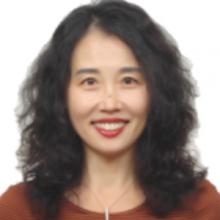About this video
Prof Kim explores how to ‘fix the numbers’ of women in science at the decision making and leadership levels in Korea. The ‘pipeline’ that delivers scientific talent at each stage does not only leak, it also sticks: for women. For women the main issue is the small proportion of women as decision makers. For men, the issue is the too small pool of women researchers. Men also see women as less competent researchers. High achievers blame the ‘loss’ of women on the demanding nature of science work and the issues for women to combine maternity and science. Women see men being favoured because of their military experience, which counts towards perceptions of seniority in relation to professional advancement. Women also tend to see their jobs as ‘the second’ bread winner.


